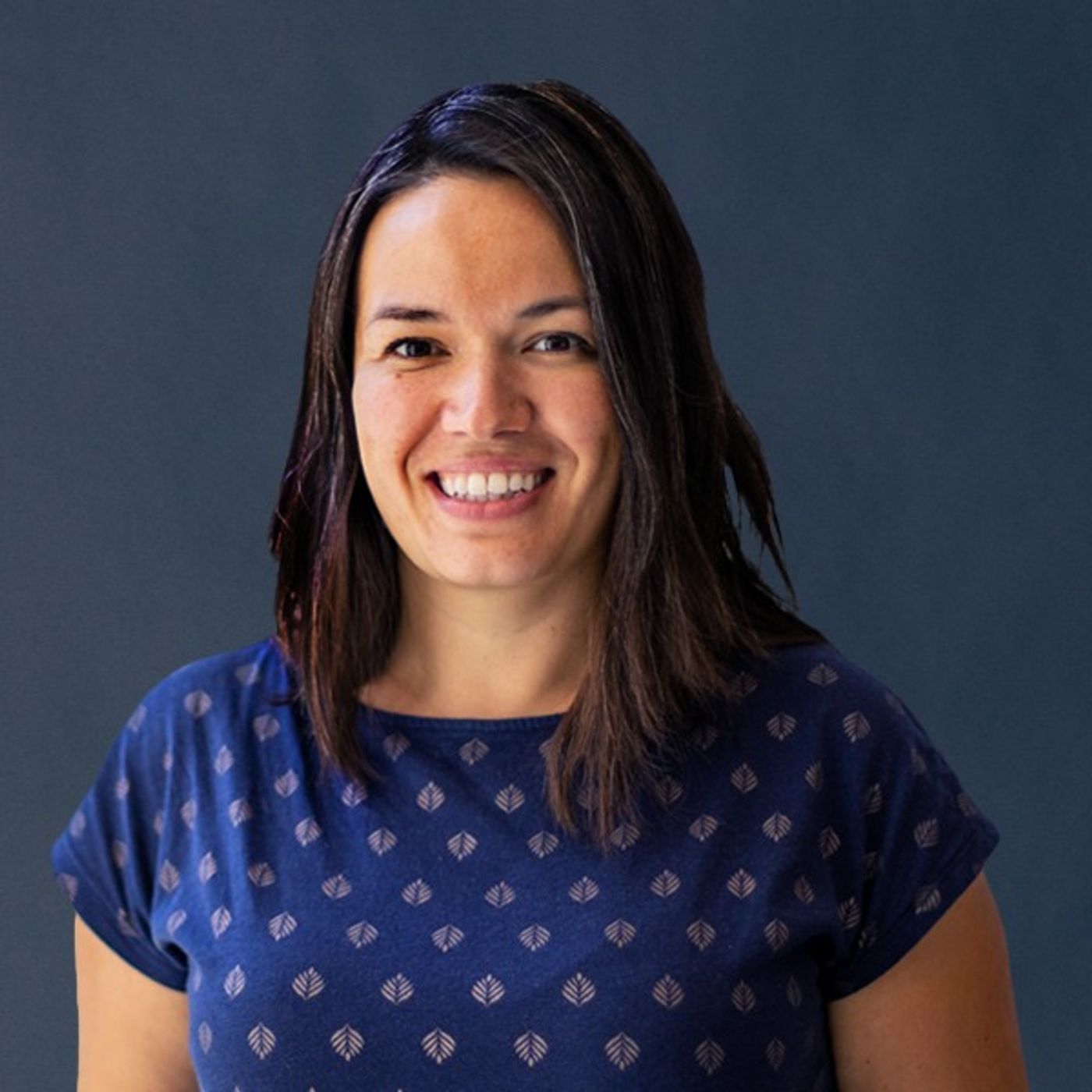The policy changes needed now to avoid a climate-driven global food crisis
Description
The warning lights are blinking for the world’s food supply. At least that’s what 150 Nobel Prize and World Food Prize laureates said in a recently-published open letter calling for a “moonshot” urgency effort to start the immediate ramping up of food production to meet the global demands of 9.7 billion people by 2050. Harvard Kennedy School economist Wolfram Schlenker, the new Ray A. Goldberg Professor of the Global Food System says doing that will require urgent policy changes and, in some cases, policy reversals to meet those goals against the headwinds of climate change. Even as crop yields are under stress due to rising temperatures and extreme weather events, Schlenker says spending on research and development of new, climate-resistant crops and other food technologies has declined. Countries are also starting to put up more protectionist barriers around their domestic agricultural sectors, undermining the global free trade in staple food commodities that is essential to preventing severe agricultural shocks that can result in civil upheaval, mass migration, and global instability. Schlenker is the co-author of a groundbreaking study in 2009 which found that crop yields fall precipitously after reaching a certain heat threshold. The study’s conclusions were validated just three years later when a heat wave over the U.S. corn belt saw yields drop by 25 percent. With 700 million people globally already classified as undernourished and the world having at least temporarily breached the crucial 1.5 degrees Celsius warming standard in 2024, it may be the most important problem nobody’s talking about. Schlenker joins PolicyCast host Ralph Ranalli to talk about the ticking global food crisis clock and policy changes that could make a difference.
Wolfram Schlenker’s Policy Recommendations:
- Limit beggar-thy-neighbor agricultural policies where countries impose export restrictions when food prices rise. Specifically, implement the Declaration on Sustainable Agriculture passed at COP-28 by ensuring that the World Trade Organization has an enforcement mechanism that limits trade restrictions in agricultural markets following climatic events.
- Reverse the current decline in public R&D funding for agricultural technologies. Private companies, which currently conduct most of the R&D, do not have the correct incentives to innovate when there are positive spillovers on others.
- Ensure that the Social Cost of Carbon — the cost of emitting an extra ton of CO2 — reflects its impact on all countries and not just the U.S., as climate change is a global problem.
Episode Notes:
Wolfram Schlenker is the Ray A. Goldberg Professor of the Global Food System at Harvard Kennedy School. An economist and engineer by training, he studies the intersection of climate, agriculture, and the global economy. His research interests include:
- The effect of weather and climate on agricultural yields and migration,
- How climate trends and the U.S. biofuel mandate influences agricultural commodity prices
- How pollution impacts both agricultural yields and human morbidity. He is a Research Associate at the National Bureau of Economic Research. He currently serves on the Board of Reviewing Editors at Science.
Schlenker holds a PhD in agricultural and resource economics from the University of California, Berkeley, a master’s in engineering and management Sciences from the University of Karlsruhe, Germany, and a master’s in environmental management from Duke University (1998).
Ralph Ranalli of the HKS Office of Communications and Public Affairs is the host, producer, and editor of HKS PolicyCast. A former journalist, public television producer, and entrepreneur, he holds an BA in political science from UCLA and a master’s in journalism from Columbia University.
Scheduling and logistical support for PolicyCast is provided by Lilian Wainaina. Design and graphics support is provided by Laura King and the OCPA Design Team. Web design and social media promotion support is provided by Catherine Santrock and Natalie Montaner of the OCPA Digital Team. Editorial support is provided by Nora Delaney and Robert O’Neill of the OCPA Editorial Team.
























